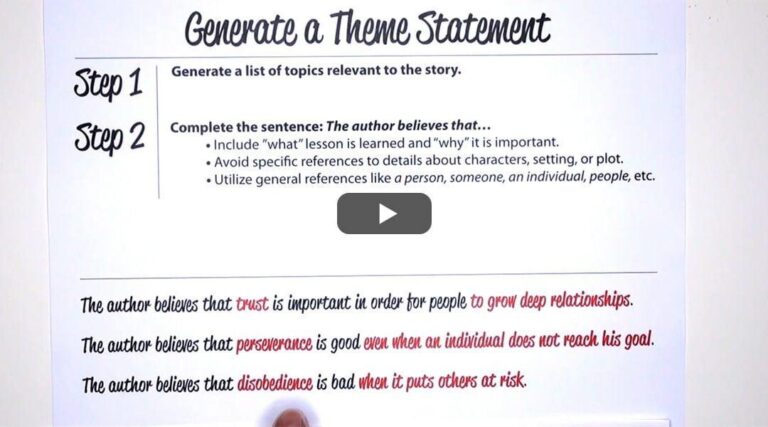MaliŌĆÖs Political Upheaval: Dissolution of Parties and Its Far-Reaching Effects
In a bold and controversial move, MaliŌĆÖs leadership has officially disbanded all political parties and prohibited their members from convening. This decisive action, intended to strengthen control amid escalating unrest and persistent security threats, casts a long shadow over the nationŌĆÖs democratic future. Following a series of coups that have destabilized governance structures, this decree not only reshapes MaliŌĆÖs political framework but also threatens to silence opposition voices and civil society actors. As global stakeholders observe with concernŌĆöespecially in light of recent regional conflicts such as the South Sudan clashesŌĆöthe ramifications for Mali’s fragile state stability are profound.
The Overhaul of MaliŌĆÖs Political System: Party Bans and Power Consolidation
The Malian government has initiated an unprecedented restructuring by dissolving all registered political partiesŌĆöa move that disrupts traditional democratic processes. Alongside this dissolution comes a strict prohibition on any meetings involving former party members, effectively curtailing organized political activity nationwide. Analysts interpret these measures as an attempt by the ruling junta to centralize authority while suppressing dissent.
This transformation signals several critical shifts within Mali’s socio-political environment:
- Tightened Government Control: The regime is poised to dominate public discourse with minimal opposition interference.
- Heightened Risk of Social Unrest: Restricting party assemblies may fuel frustration among citizens accustomed to participatory politics.
- Diminished Pluralism in Governance: The absence of competing political entities could weaken policy debates essential for effective administration.
| Political Change | Consequences |
|---|---|
| Dissolution of Political Parties | Powers concentrated within the ruling military leadership. |
| Banning Party Gatherings | Squelching organized activism and public debate. |
| Evolving Role for Civil Society Groups | Civil organizations may become primary platforms for advocacy outside formal politics. |
The Erosion of Democratic Norms: Consequences for Civil Society in Mali
MaliŌĆÖs clampdown on political parties severely undermines foundational democratic mechanisms that enable citizen participation and accountability. By dismantling these institutions, the government risks alienating large segments of its population who rely on structured channels to express grievances or influence policy decisions. Experts warn this could accelerate authoritarian tendencies within the countryŌĆÖs governance model.
Civil society organizations now face formidable obstacles as their capacity to organize dialogues or mobilize communities diminishes sharply under new restrictions. This environment fosters widespread disenchantment among citizens who find themselves increasingly marginalized from decision-making processes. Key impacts include:
- Lowered Civic Engagement: Restrictions discourage active involvement in governance activities at both local and national levels.
- Deterioration of Institutional Checks: Without vibrant opposition parties, mechanisms ensuring transparency weaken considerably.
- An Authoritarian Drift:The consolidation around one power center raises alarms about potential suppression beyond just politics into broader societal freedoms.
A Path Forward: Strategies for Rebuilding Dialogue & Stability Across Mali
To reverse current trends threatening democracy in Mali, inclusive approaches emphasizing dialogue between diverse groups are imperative. Constructive engagement can help bridge divides exacerbated by recent upheavals while restoring trust between governing bodies and citizens alike . Recommended initiatives include :
- < strong >Creation Of A National Dialogue Platform :< / strong > Bringing together representatives from civil society , former opposition factions , community elders , women ŌĆÖ s groups , youth leaders ,and other stakeholders can foster consensus-building .< / li >
- < strong >Confidence-Building Initiatives :< / strong > Programs designed to reduce mistrust through joint projects or mediated discussions help ease tensions .< / li >
- < strong >Decentralization And Local Empowerment :< / strong > Strengthening municipal councilsŌĆÖ authority enables tailored responses reflecting community priorities .< / li >
- < strong >International Facilitation And Mediation Support :< / strong >< a href ="https://afric.news/2025/02/17/african-leaders-call-for-direct-talks-with-rebels-to-resolve-congo-conflict-reuters/" title ="African ... call for direct talks with rebels to resolve Congo conflict - Reuters" >Neutral third-party mediation can provide safe spaces necessary for sensitive negotiations .
The restoration process must also focus heavily on rebuilding confidence through transparent practices :
- < strong >Fair Electoral Systems :< / strong > Implementing credible elections monitored by independent observers enhances legitimacy .
- < strong >Freedom Of Press And Expression :< / strong > Supporting independent media outlets ensures information flow remains unimpeded while holding officials accountable .
- < strong>Civic Education Campaigns: Educating populations about rights, responsibilities,and avenuesfor participation empowers informed engagement. n
n n
n nn nRecommended Approach nAimed Result nMali at Crossroads: Navigating Challenges Toward Sustainable Peace┬Ā┬Ā
The sweeping ban on political parties marks a pivotal moment that will define how democracy evolvesŌĆöor deterioratesŌĆöin Mali moving forward.
While immediate effects suggest increased authoritarian control,
there remains hope if inclusive strategies emphasizing dialogue,
transparency,
and civic empowerment take root.
As international observers continue monitoring developments closely,
Malian leaders face mounting pressure
to balance security concerns with respect for fundamental freedoms.This juncture demands collective efforts from all sectorsŌĆögovernmental bodies,
civil society groups,
regional partnersŌĆöto rebuild trust
and chart pathways toward lasting stability.
Only through embracing pluralism
and fostering open communication can peace be sustained amidst ongoing challenges.







